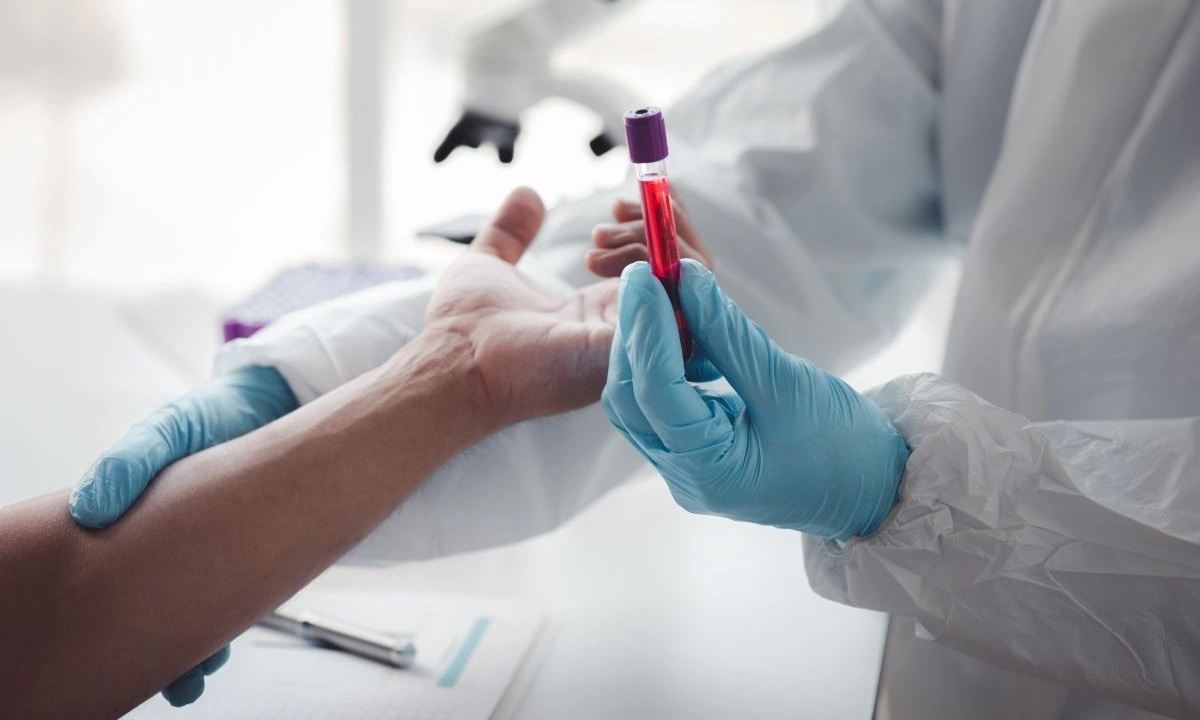If you’ve ever wondered how long alcohol stays in your body, you’re not alone. This query is certainly valid, especially if you know you need to drive, have an upcoming drug test, are struggling with an alcohol addiction, or are curious about how the body handles alcohol. Understanding what happens when you drink and how long the effects last can help answer the question.
How the Body Processes Alcoholic Drinks
When you drink, alcohol quickly moves through your stomach and small intestine into your bloodstream. Your liver works to break it down, but can only process about one standard drink (0.6 ounces of pure alcohol) per hour. For context, this equates to 12 ounces of 5% beer.
As alcohol builds up in your system faster than your liver can break it down, your blood alcohol concentration (BAC) begins to rise. BAC measures how much alcohol is in your system. A normal BAC for someone who hasn’t been drinking is 0.00%. Legal driving limits in most states are 0.08%, though even lower levels can affect your abilities.
Blood Alcohol Level and the Stages of Intoxication
Your blood alcohol level directly relates to how impaired you become due to alcohol use. As BAC rises, physical and behavioral changes can occur:
- Relaxation and mood changes
- Slurred speech
- Poor coordination
- Slower reaction time
- Blurry vision
- Nausea or vomiting
The stages of alcohol intoxication and their BAC percentages are as follows:
- Sobriety or mild intoxication (0.01–0.05%)
- Euphoria (0.03–0.12%)
- Excitement (0.09–0.25%)
- Confusion (0.18–0.30%)
- Stupor (0.25–0.40%)
- Coma (0.35–0.45%)
- Death (0.45% +)
How Long Alcohol Stays in Your System: Test by Test
Different tests can spot alcohol for varying amounts of time after your last drink.
How Long Does Alcohol Stay in Urine?
Standard urine tests can detect alcohol for 12–24 hours. However, EtG tests, which look for alcohol byproducts, can spot alcohol use for up to 72–80 hours. Your hydration level, metabolism, and how much you drank all affect these timeframes.
How Long Does Alcohol Stay on Your Breath?
Breathalyzers measure alcohol on your breath for up to 12–24 hours after drinking, based on how much you had. The results depend on your BAC level, how long it’s been since your last drink, and how deeply you breathe into the device.
How Long Does Alcohol Stay in Your Blood?
Blood tests can detect alcohol directly for up to 12 hours. PEth tests, which look for specific alcohol markers, can show alcohol use for 2–3 weeks, especially in chronic drinkers. These tests are common in medical settings or legal situations.
How Long Does Alcohol Stay in Breast Milk?
Alcohol levels in breast milk match your blood alcohol levels. It takes about 2–3 hours per standard drink to clear from breast milk. If you’re nursing, it’s safest to wait until alcohol clears your system before breastfeeding.
Things That Affect How Long Alcohol Stays in Your System
Several factors impact how quickly your body processes alcohol:
- Weight and sex (women often process alcohol more slowly)
- How well your liver works
- General health
- Whether you’re hydrated
- If you ate before drinking
- Medications you’re taking
- The type and amount of alcohol consumed
Alcohol Markers: What Drug Tests Detect
Modern tests look for more than alcohol itself. They search for markers that linger much longer than alcohol:
- EtG (ethyl glucuronide) and EtS (ethyl sulfate) in urine, which are alcohol byproducts
- PEth (phosphatidylethanol) in blood, which is a compound formed only when alcohol is in your system
- FAEE (fatty acid ethyl esters) in hair, which are substances created when alcohol interacts with fats
Myths About Sobering Up
When getting sober from different types of alcohol, there are a few misconceptions that you need to know:
- Cold showers don’t lower your BAC
- Coffee keeps you awake but not sober
- Sweating doesn’t remove alcohol faster
- Drinking more alcohol to cure a hangover (‘the hair of the dog’ myth) can temporarily ease symptoms, but it worsens dehydration and delays healing
- Vomiting only removes unabsorbed alcohol, but doesn’t lower blood alcohol levels or sober you up
For proper sobering, time, water, and healthy food can help. Remember: Even if you feel sober, alcohol may still be in your system and detectable on tests.
What to Expect When Quitting Alcohol
If you’ve decided to take a break from alcohol or quit entirely for health reasons, your body goes through several changes:
- First 24–72 hours: Your body begins clearing alcohol, and potential withdrawal symptoms may start (anxiety, shakiness, headaches)
- Days 3–7: Most short-term alcohol markers disappear from standard tests; withdrawal symptoms may peak for heavy drinkers
- Weeks 1–2: Sleep improves, and physical symptoms often decrease; detox is typically complete, but cravings may continue
- Weeks 2–4: Energy levels increase as your body adjusts to functioning without alcohol
- Month 1+: Long-term markers may still appear in specialized tests, but your body continues healing
The severity of withdrawal can affect how quickly your body processes alcohol. Medically supervised detox is recommended for heavy drinkers, as withdrawal can be dangerous. Staying hydrated and maintaining healthy habits support your body’s natural recovery process.
When to Seek Help and Support
If tracking how long alcohol stays in your system has become a regular worry, it might be time to talk with someone. Support is available whether you’re concerned about your or your loved one’s drinking habits or are looking to make safer choices. Professional help can be the difference between dangerous health implications and a stable future.
Support groups and addiction rehab programs can offer guidance and community. Remember, reaching out could be the step you need to take to find the healing and rejuvenation your mind and body need.







